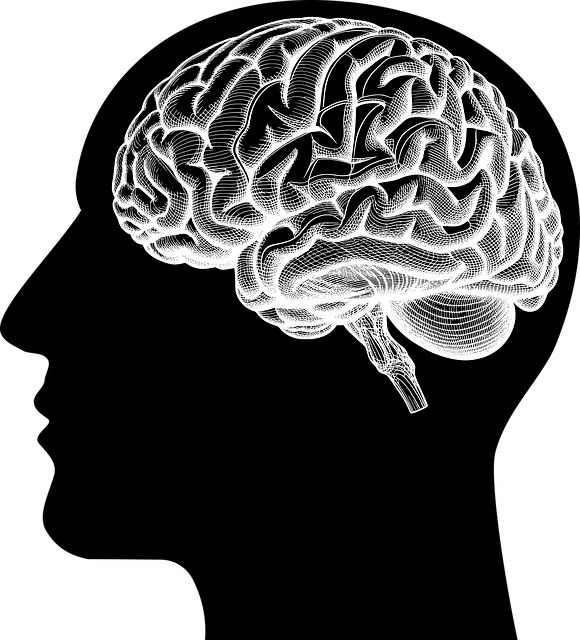In contemporary therapy, there's growing recognition of the significant impact Centennial Spiritual-Religious Issues have on clients' mental health. Therapists are encouraged to integrate spiritual considerations into sessions, addressing core values alongside evidence-based techniques for effective healing. By promoting self-care and empathy, therapists create inclusive environments reducing stigma around mental illness. Incorporating spiritual practices like meditation, prayer, and time in nature, along with professional support through Centennial Spiritual-Religious Issues Therapy and counseling, enhances long-term resilience and mental wellness. These holistic approaches leverage faith and mindfulness for inner peace and purpose.
In today’s diverse and complex world, coping skills development is an essential aspect of mental well-being, especially when addressing Centennial Spiritual-Religious Issues in therapy. This article explores effective strategies for navigating these unique challenges. We delve into key techniques to enhance resilience, focusing on integrating spiritual practices into daily life. By understanding the interplay between spiritual beliefs and therapeutic approaches, individuals can foster long-term mental health and adaptability, ultimately empowering them to thrive.
- Understanding Centennial Spiritual-Religious Issues in Therapy
- Key Strategies for Developing Effective Coping Skills
- IntegratingSpiritual Practices into Daily Life for Long-Term Resilience
Understanding Centennial Spiritual-Religious Issues in Therapy

In today’s world, therapists increasingly recognize the significant role that Centennial Spiritual-Religious Issues play in their clients’ lives and overall well-being. These issues often intersect with mental health concerns, adding complexity to therapy sessions. Understanding a client’s spiritual or religious beliefs is crucial for providing tailored support without inadvertently causing offense. For many individuals, faith serves as a coping mechanism, offering comfort and meaning during challenging times. Therapists who incorporate spiritual considerations into their practice can facilitate more profound healing by addressing these deeply held beliefs in conjunction with evidence-based therapy techniques.
Beyond the therapeutic relationship, promoting self-care routine development for better mental health is an essential aspect of fostering resilience. Empathy building strategies are instrumental in this process, as therapists help clients navigate their spiritual struggles while encouraging healthy coping mechanisms. Additionally, efforts towards mental illness stigma reduction can be significantly enhanced by creating a safe space where clients feel comfortable discussing their spiritual beliefs openly, thereby fostering a more inclusive therapeutic environment.
Key Strategies for Developing Effective Coping Skills

Developing effective coping skills is a multifaceted process that involves integrating various strategies to enhance mental wellness. One powerful approach is incorporating spiritual or religious practices, which can provide individuals with a sense of purpose and inner peace. Centennial Spiritual-Religious Issues Therapy offers a safe space for exploration and reflection, enabling clients to tap into their faith as a source of resilience and healing. This form of therapy encourages individuals to engage in meaningful rituals, meditation, or prayer, fostering a deeper connection with themselves and their beliefs.
Additionally, seeking professional support through mental health services is invaluable. Mental Health Policy Analysis and Advocacy plays a crucial role in ensuring accessible and effective Trauma Support Services. By promoting policies that prioritize mental wellness, these initiatives contribute to creating supportive communities where individuals can develop and utilize coping skills tailored to their unique needs. Through counseling, therapy, or support groups, people gain valuable tools to navigate life’s challenges and cultivate long-lasting resilience.
IntegratingSpiritual Practices into Daily Life for Long-Term Resilience

Integrating spiritual practices into daily routines can significantly enhance long-term resilience and mental wellness. This approach leverages the power of faith and mindfulness to cultivate a sense of inner peace and purpose, which are crucial for navigating life’s challenges. By incorporating centenal spiritual-religious issues therapy techniques, individuals can develop coping skills that promote emotional balance and strengthen their ability to bounce back from setbacks. Public awareness campaigns development and mental wellness podcast series production have also played a pivotal role in spreading knowledge about these practices, making them more accessible to those seeking support for their mental health.
Regular spiritual practices, such as meditation, prayer, or spending time in nature, can serve as powerful tools for stress reduction and emotional regulation. Mental wellness coaching programs development often emphasize these techniques, guiding individuals through exercises that foster self-reflection and connection with a higher power or universal energy. Through dedicated practice, one can cultivate a deeper sense of gratitude, compassion, and forgiveness, all of which contribute to enhanced resilience and overall mental wellness. This holistic approach complements traditional therapy methods, offering individuals a comprehensive strategy for coping with life’s complexities.
In light of the pervasive impact of Centennial Spiritual-Religious Issues in therapy, understanding and integrating spiritual practices into daily life prove instrumental for fostering long-term resilience. By employing key strategies for developing effective coping skills, individuals can navigate life’s challenges with enhanced emotional well-being. This holistic approach, combining spiritual awareness with practical coping mechanisms, is a game-changer in building resilience against existential concerns and promoting overall mental health.












